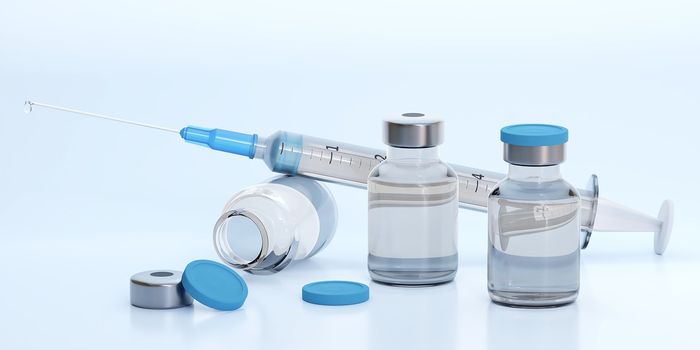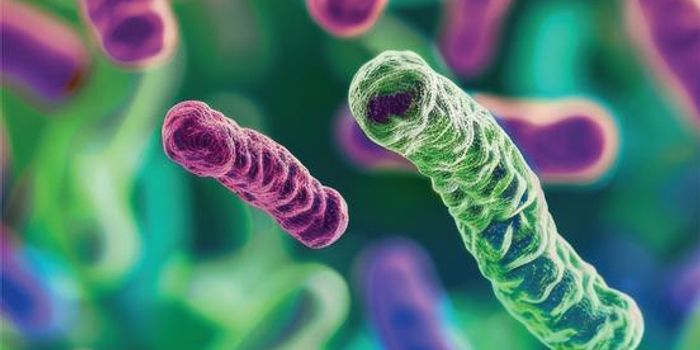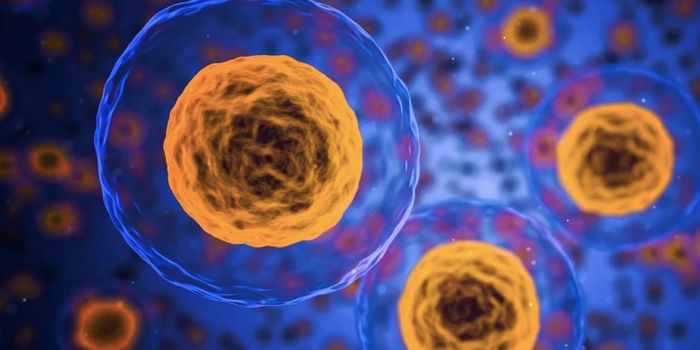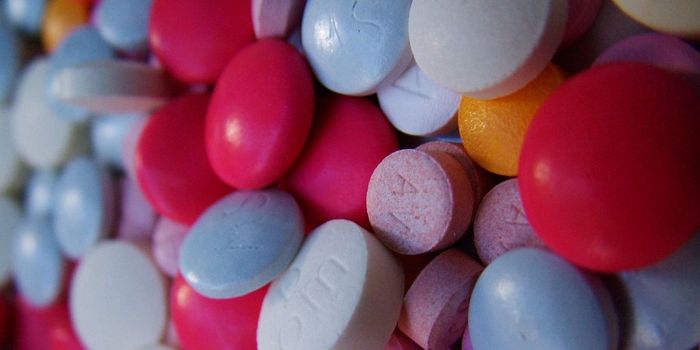A Probiotic 'Backpack' Could Treat Inflammatory Bowel Disease
There are many types of microorganisms in the human gastrointestinal tract, and most of them perform important functions that are good for our health. It's important to keep good gut microbes happy, because they can help tamp down the growth of harmful microbes that can cause disease. But when the gut microbiome is disrupted and in need of some help, getting good microbes to the gut and helping them grow there is challenging. Researchers have now found that friendly gut bacteria can be shielded, then loaded with anti-inflammatory backpacks to move to the gut and treat IBD symptoms. The findings have been reported in Science Advances.
This work could lead to better treatments for gut disorders including Crohn's disease and ulcerative colitis, two types of inflammatory bowel disease (IBD).
This research has built on previous efforts by this team in which bacteria were encased with a thin shell to protect them from stomach acids and other microbes as they made their way to the guts of mice to take up residence there and multiply. While this method can improve the efficacy of probiotics taken by mouth, there is a lot going on in IBD, and treating it requires multiple approaches, noted senior study author Quanyin Hu, a biomedical engineer and professor at the University of Wisconsin–Madison.
The scientists have now found a way to make beneficial microbes even better at treating IBD. They engineered anti-inflammatory nanoparticles that can neutralize pathogenic molecules that have been linked to IBD. Reactive oxygen species (ROS) are known to promote damaging inflammation in the gut, and ROS are thought to be a major contributor to IBD. The nanoparticles are made of sulfide and hyaluronic acid; sulfide can target ROS directly, while hyaluronic acid is anti-inflammatory.
The specialized nanoparticles were then attached like backpacks to good bacteria that had been encased with the protective shell.
When the system was tested in a mouse model, the probiotic, beneficial strain of Escherichia coli called Nissle 1917 that had been wrapped in a shell and attached to a backpack was better at relieving symptoms of IBD than Nissle 1917 without backpacks. Mice that had received the bacteria with backpacks did not lose as much weight, and did not have as many changes in the length of their colon as mice that did not get bacteria with backpacks (weight loss and colon shortening are common symptoms in the IBD mouse model).
Hu and his colleagues are hopeful that these nanoparticle backpacks could dramatically improve IBD treatments, while also simplifying them. Right now, IBD treatments depend on the stage and severity of a patient's disease. But this new method would not have those parameters.
"That's the most exciting part of this research for me. We didn't want to target a specific IBD stage," said Hu. "We wanted to select the most important factors that contribute to curing or treating the disease at whatever stage."
More research will be needed to determine whether this approach is safe and effective in humans as well. The backpacks will also have to be simplified if they're going to be used widely. But this is a positive first step.









